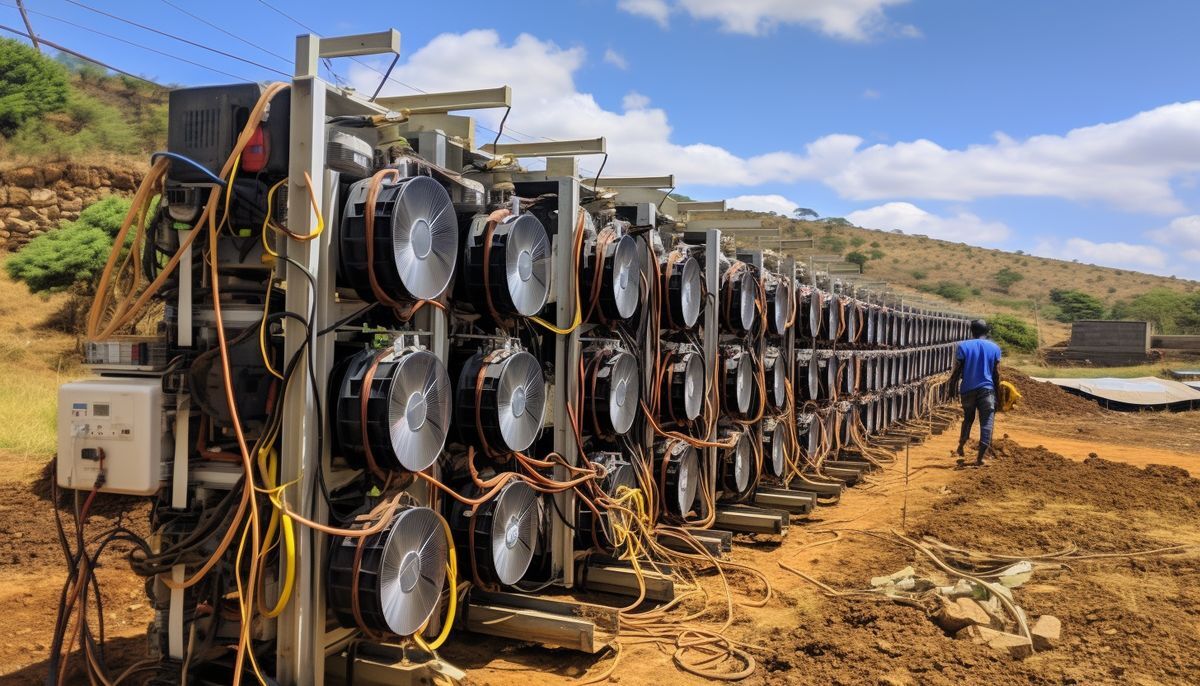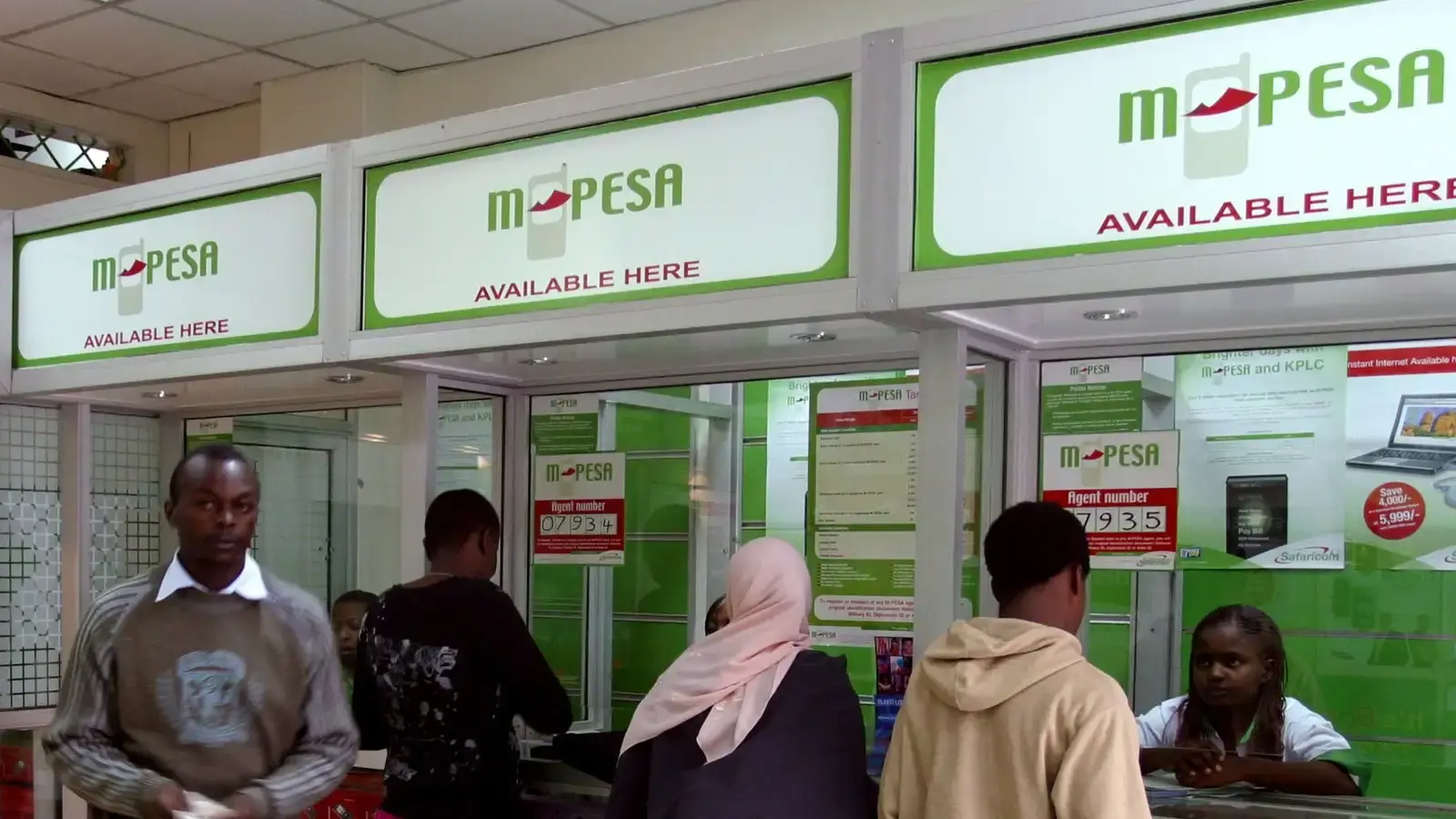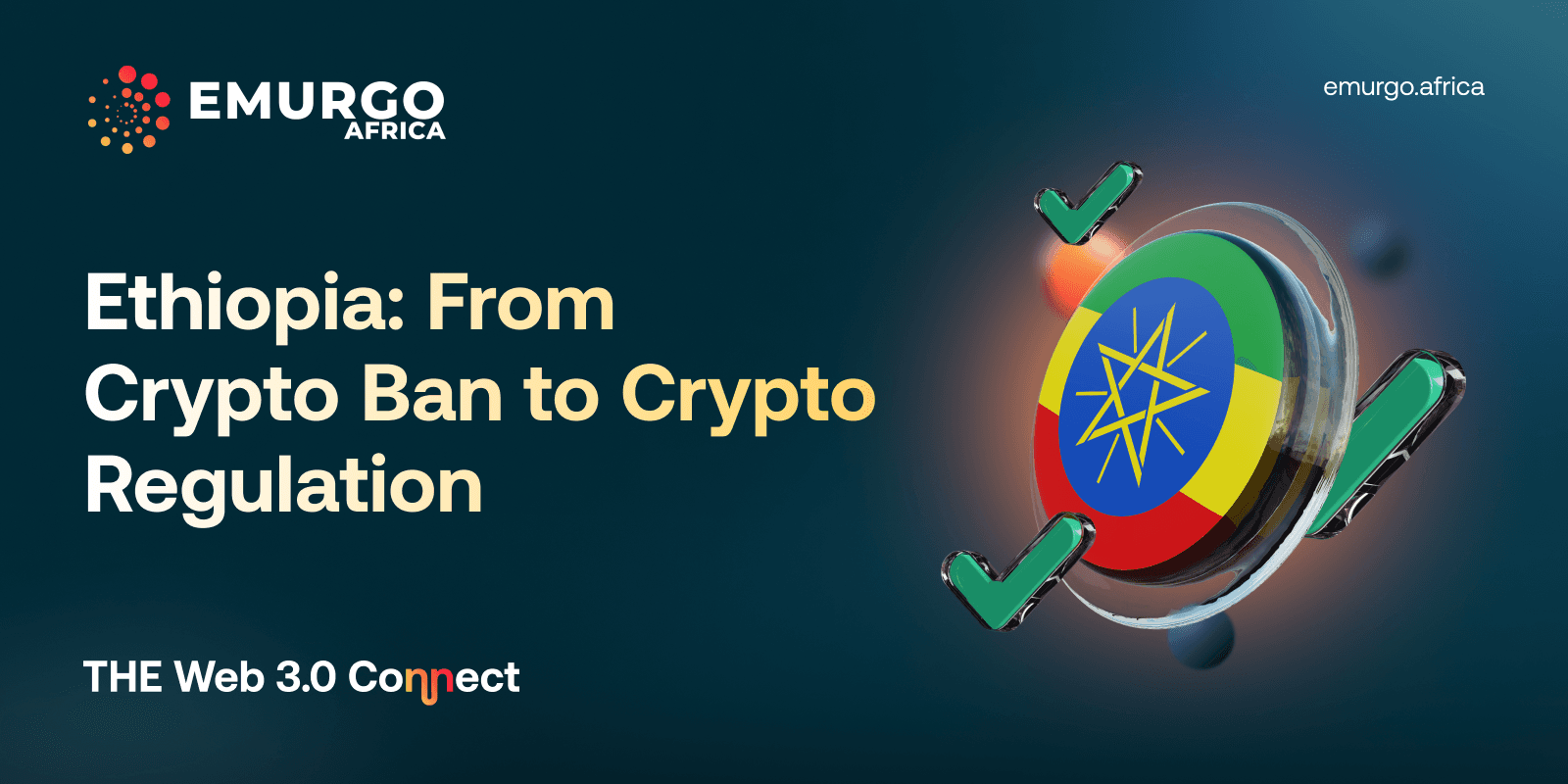By Shogo Ishida and Yosuke Yoshida, Co-CEOs, EMURGO Africa
Ethiopia, the second-most populous nation in Africa (123 million people), has had an evolving relationship with cryptocurrencies. Initially taking a cautious stance, the country went from outright bans to a guarded exploration of the potential benefits of crypto and blockchain technology. This shift reflects the global trend of governments grappling with the disruptive force of cryptocurrencies.
Key Takeaways:
- Ethiopia has moved from banning crypto to regulating it
- Bitcoin mining is getting active, miners flock to Addis Ababa
- Blockchain is helping Ethiopia curb fraud in education
- Mobile money industry is growing thanks to conducive fintech environment

A Shift in Strategy: Regulating Crypto
In June 2022, Ethiopia's central bank, the National Bank of Ethiopia (NBE) issued a statement declaring cryptocurrency trading illegal. The NBE said it would take “legal measures” against anyone found to be using cryptocurrencies for transactions in the country. “Birr is the only legal currency in Ethiopia and all financial transactions shall be effected through it,” the central bank warned in a statement.
The NBE cited concerns about financial instability, money laundering, and the lack of regulation surrounding crypto assets. This stance echoed the anxieties of many central banks in Africa, worried about cryptocurrencies' potential to undermine national currencies and centralized financial control.
However, in a surprising move in August 2022, the Ethiopian government signaled a change in course. The Information Network Security Agency (INSA) issued a directive requiring all cryptocurrency operators to register with them. “There is interest among individuals and entities in providing crypto services including mining and transfer,” INSA said, warning that crypto players who fail to register would be prosecuted. This marked a shift from an outright ban to a more nuanced approach, aiming to regulate the cryptocurrency industry while protecting citizens from potential risks.
The reasons behind this shift can be attributed to the continued growth of the global crypto market, suggesting it was here to stay. The Ethiopian government also recognized the potential benefits of cryptocurrencies like facilitating cross-border payments and revolutionizing digital identity. Currently, INSA and other entities are in the process of formulating guidelines aimed at providing comprehensive supervision over the operations, economic ramifications, and environmental implications of the crypto sector.
Although Ethiopia has not yet enacted laws allowing for the use of cryptocurrencies, there is a notable increase in crypto adoption, as individuals engaged in crypto activities are actively broadening their endeavors within the nation. There are over 1.8 million crypto users in Ethiopia. Interest is burgeoning both within the private sector and in government initiatives aimed at crafting a regulatory framework to ensure stability and consumer protection. Developers, entrepreneurs, and government officials alike are increasingly curious about the foundational technologies behind Bitcoin and their potential applications across various sectors beyond finance.
Ethiopia's journey from banning cryptocurrencies to cautiously exploring their potential use case study in navigating the complexities of a rapidly evolving technological landscape. It highlights the need for a nuanced approach that balances innovation with the responsibility to protect citizens and maintain financial stability.
Ethiopia recognizes the potential of the underlying technology – blockchain. Blockchain offers a secure and transparent way to record transactions, potentially revolutionizing sectors like supply chain management and land registration. This recognition has fueled interest in exploring blockchain applications without necessarily embracing cryptocurrencies themselves.
Digital Identity Project: Africa’s Best Blockchain Use Case
Fraud in education has long been a pervasive issue in Ethiopia, undermining the integrity of academic qualifications and eroding trust in the education system. Fake diplomas, forged transcripts, and fraudulent certifications have plagued the country's educational landscape, posing significant challenges for employers, academic institutions, and students alike. To tame this trend, in 2021, the government signed a partnership with research and engineering firm Input Output Global (IOG) to implement a digital student identity program under the Cardano blockchain across more than 3,000 schools.
In the deal between IOG and the Ethiopian government, the goal is to create a national database of the country’s students’ and teachers’ credentials using a decentralized digital identity solution. “It felt quite appropriate to deploy the technology in the education sector based on the Prime Minister’s comments on these issues,” says John O’Connor, the director of African operations at IOG. The project targets a large number of students both in primary and secondary schools. By digitizing educational records and storing them on a blockchain-based platform, Ethiopia aims to eliminate the risk of tampering or falsification, ensuring the authenticity of academic qualifications. This not only helps to safeguard the value of legitimate credentials but also provides employers and academic institutions with a reliable means of verifying the educational background of individuals.
One of the key components of Ethiopia's digital project is the development of a blockchain-based credentialing system that allows educational institutions to issue digital certificates directly to students. These digital credentials are cryptographically signed by the issuing institution, making them tamper-proof and easily verifiable.
Moreover, the use of blockchain technology ensures that educational records are securely stored and accessible only to authorized parties, protecting the privacy and confidentiality of students' data. This addresses concerns about data breaches and identity theft, which are common in traditional paper-based systems.
The implementation of Ethiopia's digital initiative has already yielded promising results in curbing fraud in education. By digitizing educational records and making them easily verifiable, the country has significantly reduced the prevalence of fake diplomas and forged transcripts. This has bolstered the credibility of Ethiopia's education system and enhanced the value of academic qualifications earned in the country.
Furthermore, Ethiopia's digital project has empowered employers to make more informed hiring decisions by providing them with access to accurate and up-to-date information about job candidates' educational backgrounds. This has helped to improve the overall quality of the workforce and foster economic growth and development in the country.
It is such efforts that contributed to the World Bank’s December approval of a $350 million finance package to support Ethiopia's digital identity drive for 90 million Ethiopians.

A Flock to the Grid: Bitcoin Miners Power Up in Addis Ababa
The Ethiopian capital Addis Ababa, with its abundant supply of cheap electricity and relatively low operating costs, has emerged as an attractive destination for Bitcoin miners seeking to capitalize on the city's favorable conditions.
Ethiopia possesses approximately 5,200 MW of installed generation capacity, primarily sourced from hydropower, which accounts for about 90% of the total. The remaining 10% is derived from wind and thermal sources. Additionally, Ethiopia is in the final stages of constructing the Grand Ethiopia Renaissance Dam (GERD), anticipated to have an installed capacity of 5,150 MW. This abundance of renewable energy sources has made electricity affordable and abundant, making it an ideal environment for bitcoin mining, an energy-intensive activity.
The allure of bitcoin mining lies in its potential for lucrative rewards. Miners who successfully solve complex mathematical puzzles and validate transactions are rewarded with newly minted bitcoins, providing them with a lucrative source of income.
This financial incentive has attracted a diverse array of participants, ranging from individual hobbyists to large-scale mining operations. Bitcoin mining consumes vast amounts of power, so access to cheap electricity is a critical competitive advantage. The trend has seen a surge in the past two years, with established mining companies setting up shop in Addis Ababa and individual miners looking to Ethiopia as a more lucrative alternative to traditional mining hubs like China, Kazakhstan, Canada and Russia.
The surge in bitcoin miners in Addis Ababa, especially from China, hinges on China’s ban on crypto trading and mining in 2021 to control financial risks and reduce energy consumption. Bloomberg reports that the Ethiopian Energy Authority has struck power deals with 21 bitcoin mining companies, 19 of which are Chinese.
Since 2022, Ethiopia has permitted Bitcoin mining mainly because the companies pay in foreign currency for the electricity they consume. During the past decade, the country has strengthened its relations with China. Notably, numerous Chinese firms participated in constructing the $4.8 billion dam, which bitcoin miners utilize for power.
In February, the Ethiopian Government's investment arm, Ethiopian Investment Holdings (EIH), signed a $250 million pact with Honk-Kong-based West Data Group's Center Service PLC to commence bitcoin mining operations. The agreement also involves the construction of a large data centre to manage crypto mining and AI training activities.

M-Pesa Records Significant Growth in Ethiopia
For decades, Ethiopia has grappled with limited financial inclusion, hindering economic progress and stifling opportunities for millions. The country's banking infrastructure, characterized by brick-and-mortar branches primarily concentrated in urban areas, failed to reach the majority of its population, especially those residing in rural and remote regions. However, the advent of mobile money is reshaping this narrative, bridging the gap between traditional banking services and the unbanked populace.
Last August, Kenyan mobile money platform M-Pesa ventured into the Ethiopian market, thanks to a conducive fintech environment. With a government committed to fostering innovation and technological advancement, regulatory frameworks favoured the M-Pesa’s investment into the county. M-Pesa received a license from the National Bank of Ethiopia.
Eager to capitalize on Ethiopia's untapped market potential, M-Pesa has been expanding in usage. Its network now covers 33% of the population, with 3.1 million active M-Pesa customers, 26,000 M-PESA cash out points and 43,000 merchants. As of December 2023, M-Pesa had recorded 9 million customer additions and 4.3 million 90-day active customers. It has also integrated its services with 9 banks.
While local telecommunications company Ethio Telecom runs its own mobile money service - Telebirr - with more than 34 million subscribers, it is M-Pesa’s innovation that is set to further spice up crypto adoption in the country. M-Pesa already allows online merchants to buy and sell cryptocurrencies and stablecoins on major crypto exchanges Binance and Paxful.
Ethiopians familiar with using M-Pesa for everyday transactions can easily adapt to buying and selling crypto using a similar platform. This reduces the learning curve and increases the comfort level for people considering crypto. M-Pesa allows for quick and easy mobile money transfers. Integrating crypto purchases and sales within the Ethiopian M-Pesa platform could create a seamless and convenient user experience for Ethiopians entering the crypto space.
DISCLAIMER: The information in this content (website or other form) does not represent an offer or commitment to provide any product or service. The analysis, opinions and estimates expressed in this content are those of the respective authors, and may differ from those of EMURGO Africa and/or other EMURGO Africa employees and affiliates. Copying, re-publishing or using this material or any of its contents for any other purpose is strictly prohibited without prior written consent from EMURGO Africa.

